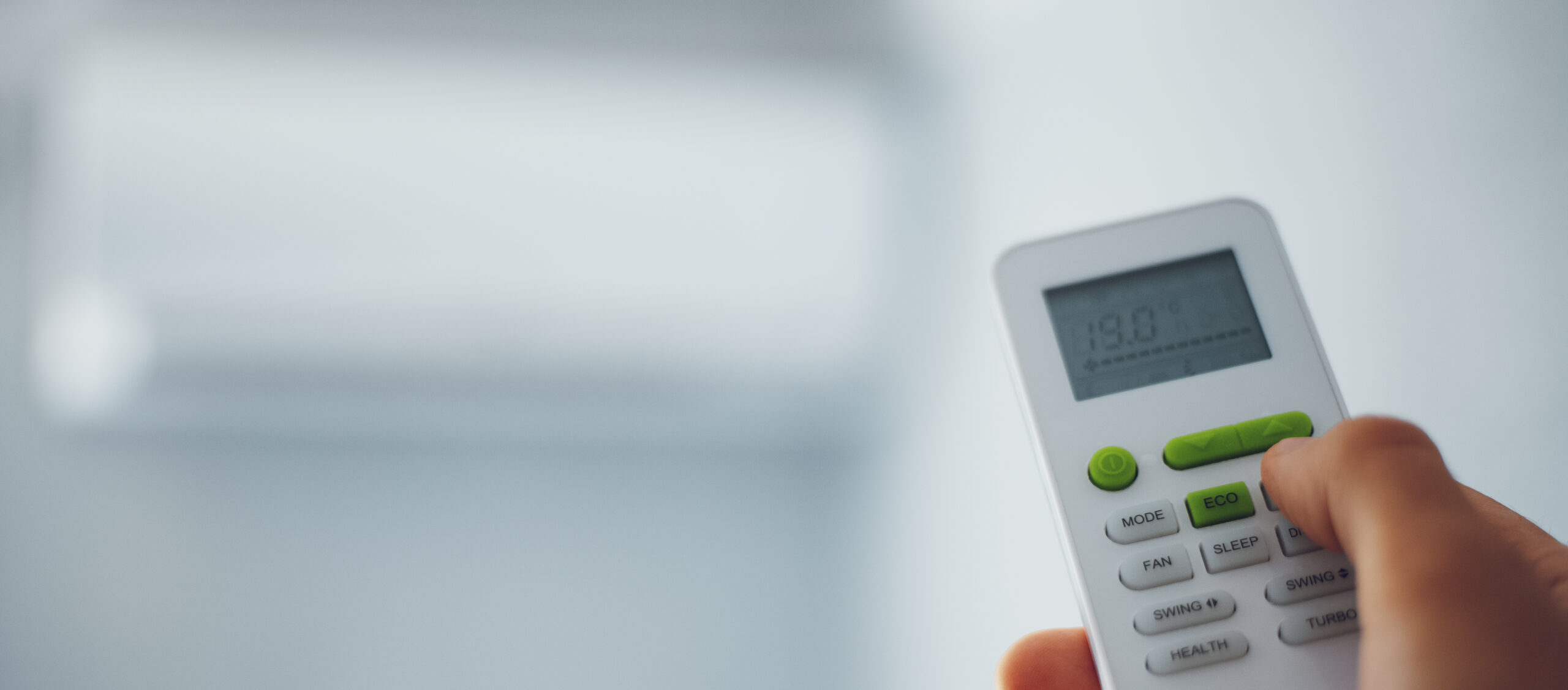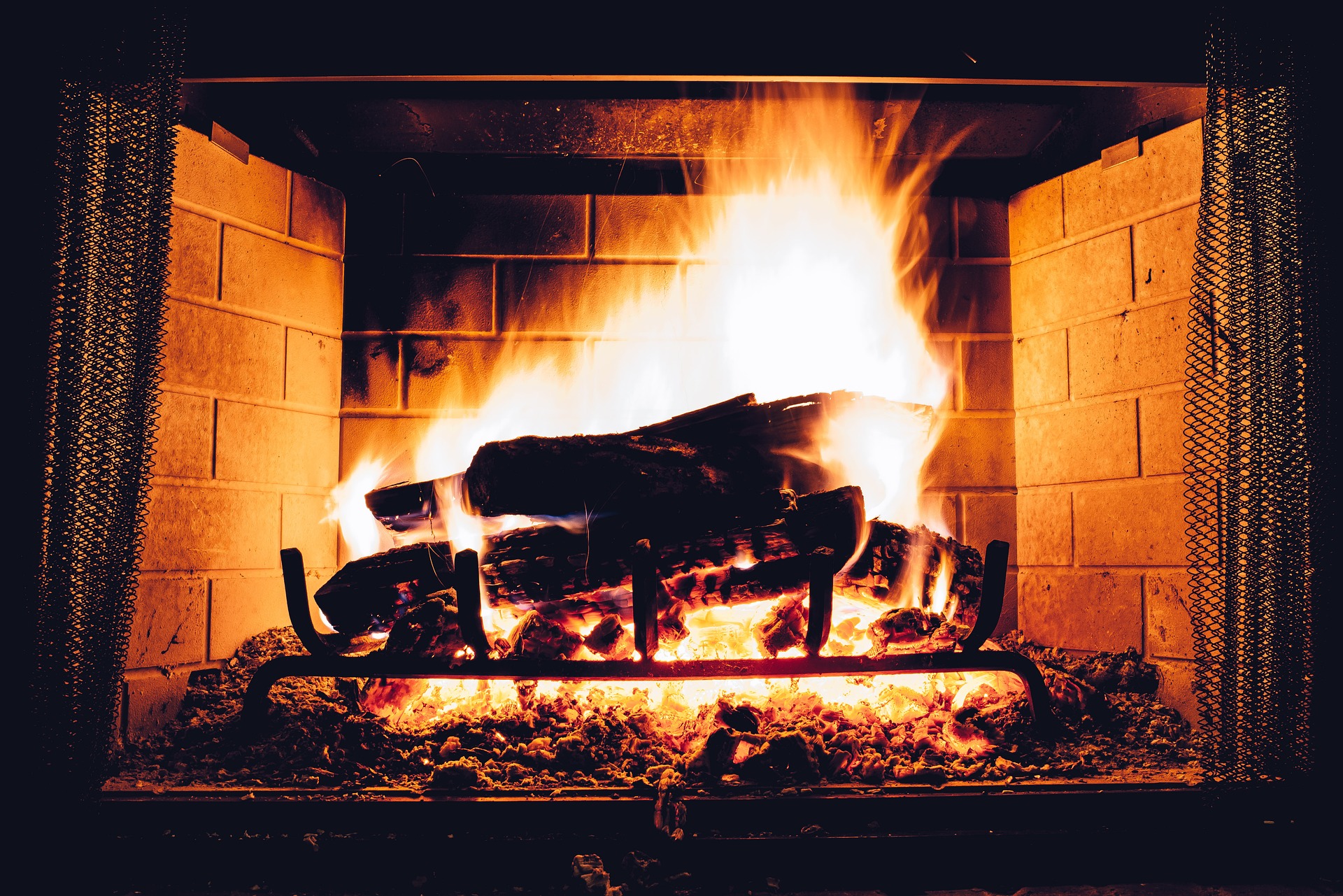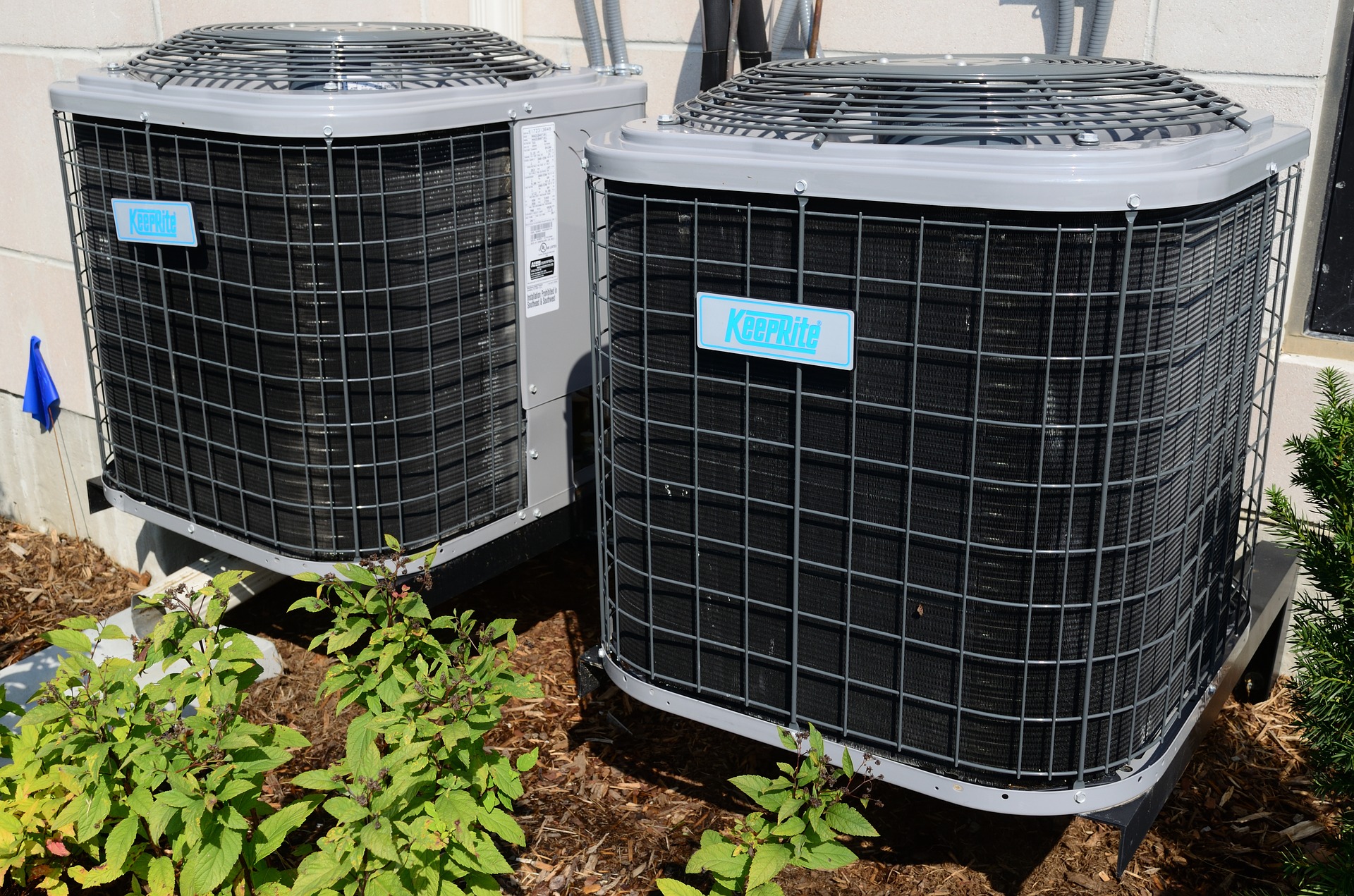 Tips For Your AC In The Summer
Tips For Your AC In The Summer
Schedule a tune up with your Riverside AC repair experts to ensure that the system is running at its optimal best. This may include checking pressures, inspecting coils and filters, repairing or replacing parts as needed. Consider scheduling an appointment for before July in order to have it ready for cooling season. Keep all doors closed when inside; this can help keep drafts from bringing hot air into the house and will also keep cool breezes out. Keep windows open on just one side of your home if you’re comfortable doing so. Set your thermostat lower than usual during warm days (78 degrees Fahrenheit). But beware not setting it too low because this could cause moisture build up which leads
Tips For Your AC In The Winter
Invest in a programmable thermostat. This will help you save money on energy bills and ensure that your system is running when it needs to be. Change the air filters every three months at minimum. Be sure not to forget about heating; if there are areas of your home that don’t receive heat, add more outlets or install radiant barriers. Air Conditioning Blog – The Air Conditioning Experts blog is your one stop source for all things air conditioning. We provide you with tips, tricks and strategies to keep your air conditioner running smoothly year round. Our blog includes a wide variety of helpful information for homeowners in the Greater Houston Area who are looking to get more out of their A/C units. From how to install an air conditioner unit, to troubleshooting common problems; we have you covered!
How To Choose An Air Conditioner
There are many factors to consider when deciding which air conditioner is right for your home. The size of the unit, cost and efficiency ratings all have an effect on each other so make sure you’re considering these things before making a final decision.
If you want to save money in the long-term then investing in an energy efficient system will help keep cooling costs down over time; while if comfort is most important to you than opt for a larger model that has more BTUs (British thermal units). There are also tons of models available with special features like Wi-Fi enabled thermostats and remote control panels; take advantage of this technology!
FAQs About Air Conditioning
What should I do if my air conditioner is leaking water?
If you notice any damage to the pan, or feel that your system has been running too long and might be leaking from somewhere other than the drain hose then call a professional as soon as possible. This can lead to flooding which will ruin anything near it so take precautions! If it’s just minor leakage coming from around the compressor (usually) this could mean there are some coolant leaks in need of repair; but again don’t try doing repairs yourself without consulting with an expert first.
What are the pros and cons of replacing vs. repairing my air conditioner?
Repairs can be expensive so if you’re looking for a more cost-effective option than consider buying an entirely new system altogether; but remember that this may not always be your best option in terms of the environment or energy efficiency. If it’s feasible, repairs can allow you to save money because they are much cheaper than purchasing a whole new unit – plus, there is less waste involved! However by choosing to repair instead of replace your old A/C Unit, then make sure all parts being replaced have warranties which will ensure their longevity and increase its efficiency.
Air Conditioning Myths Debunked
You can’t keep your house cool just by opening windows and doors – this will actually cause a draft in the home. Try to close all outside vents when inside or open them on opposite sides of your home if you’re comfortable doing so. It’s not necessary to use ice for an air conditioning unit, as long as it is clean water with no chemicals and there are no leaks in the system; however you should be aware that even though it might help increase comfort levels, this could also lead to more frequent repairs.
Air conditioning is necessary to maintain comfort levels in the home. Thankfully there are a few ways that you can keep your air conditioner running smoothly year round and increase its efficiency! Change the filters every three months at minimum. Be sure not to forget about heating; if there are areas of your home that don’t receive heat, add more outlets or install radiant barriers. Have an annual tune up done by a professional technician (heating technicians should also be checked). This will make sure everything is working properly before summer starts so nothing goes wrong when it’s time for cooling season! Make sure all vents inside and outside are closed tightly when the system isn’t being used.
Common Mistakes People Make When Using Their Air Conditioners
Not using a programmable thermostat to save energy and money. Leaving the unit running too long during the day, which can cause it to freeze or burn up in extreme temperatures (hot summer days). Setting the temperature on your air conditioner too high for comfort levels; make sure you’re not turning it down every time someone walks by! If there are several people occupying one room then set at 70 degrees Fahrenheit. You should never leave an infant unattended in a car – this applies when they are sleeping as well since sometimes they don’t notice that their body temperature is increasing from being parked outside. Forgetting about heating if live anywhere other than Florida! It’s important to turn on all


